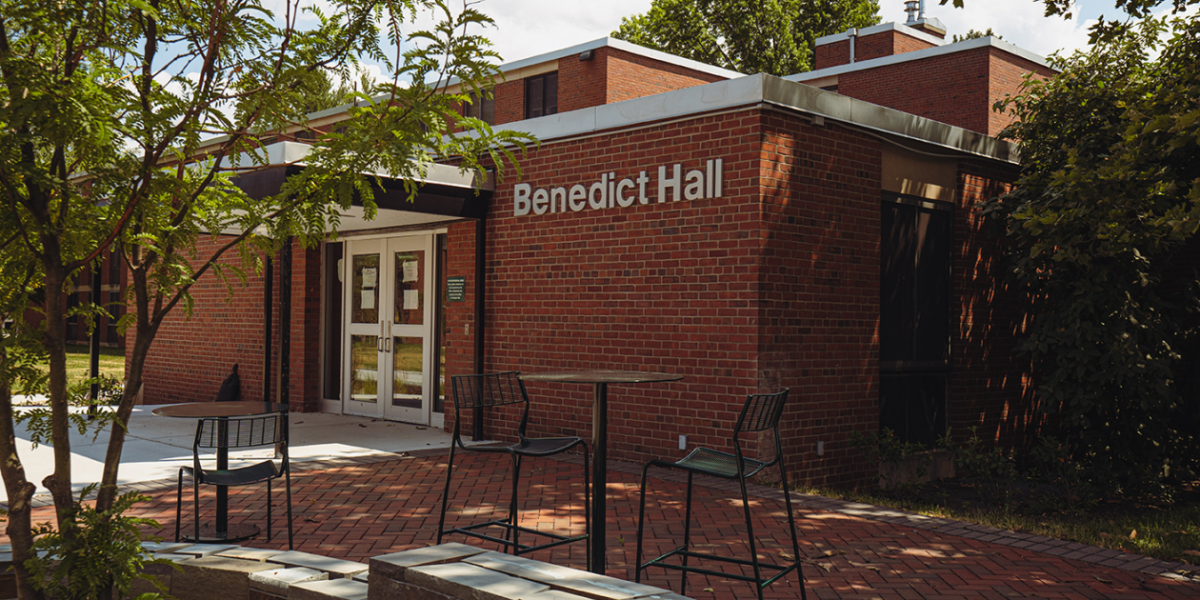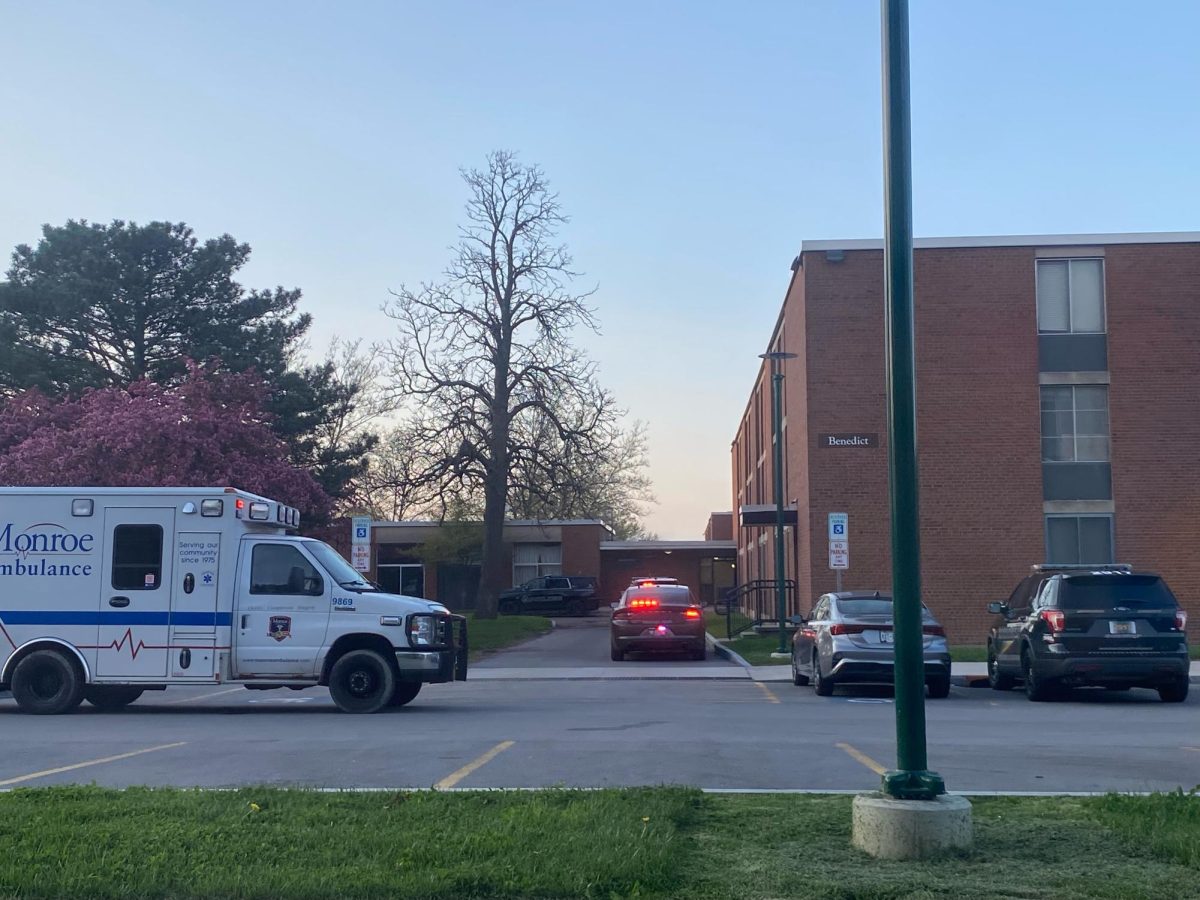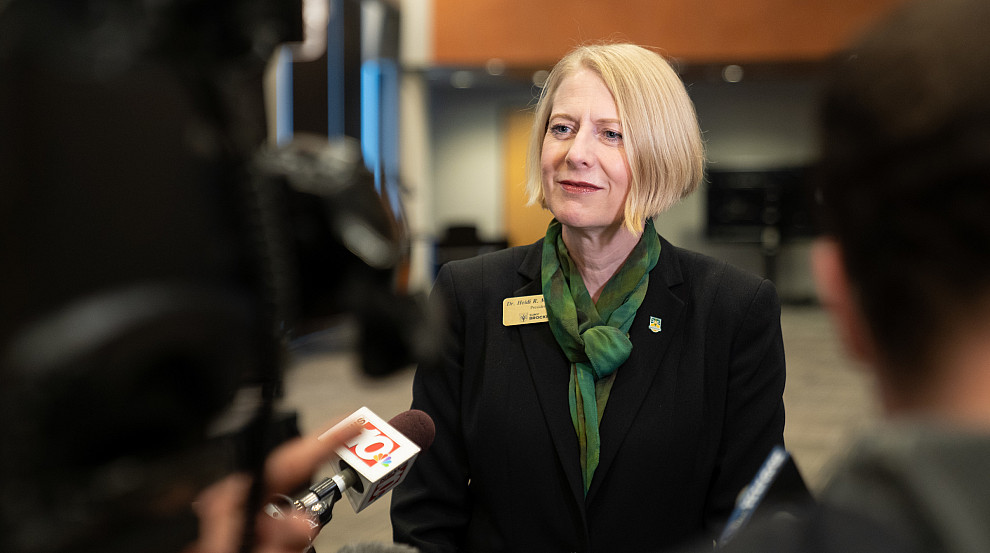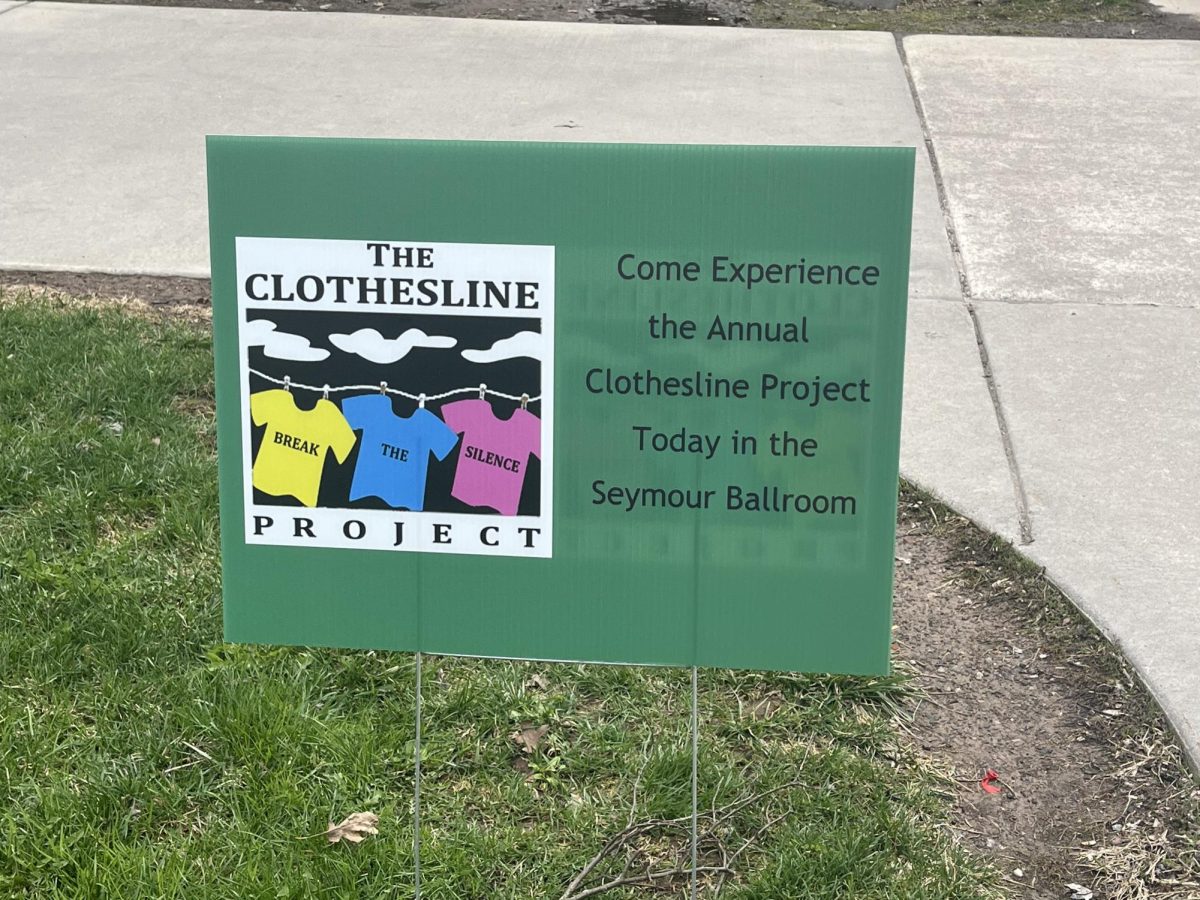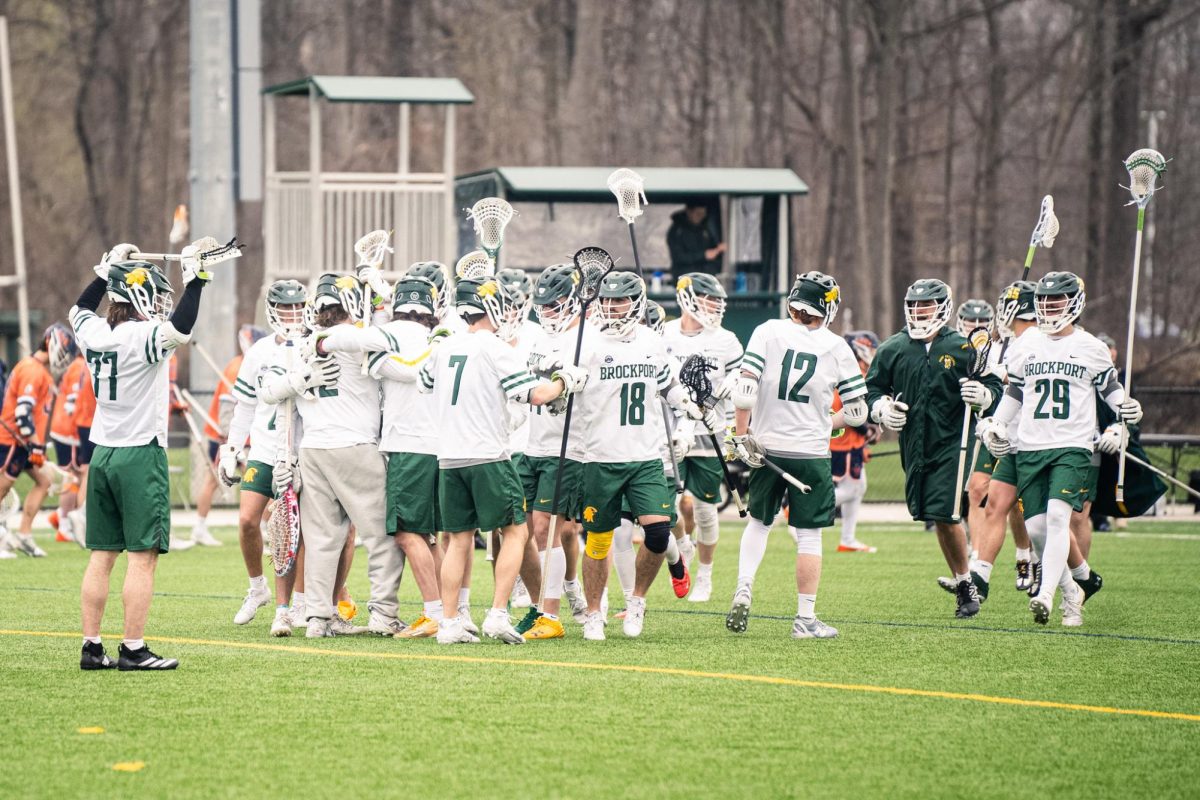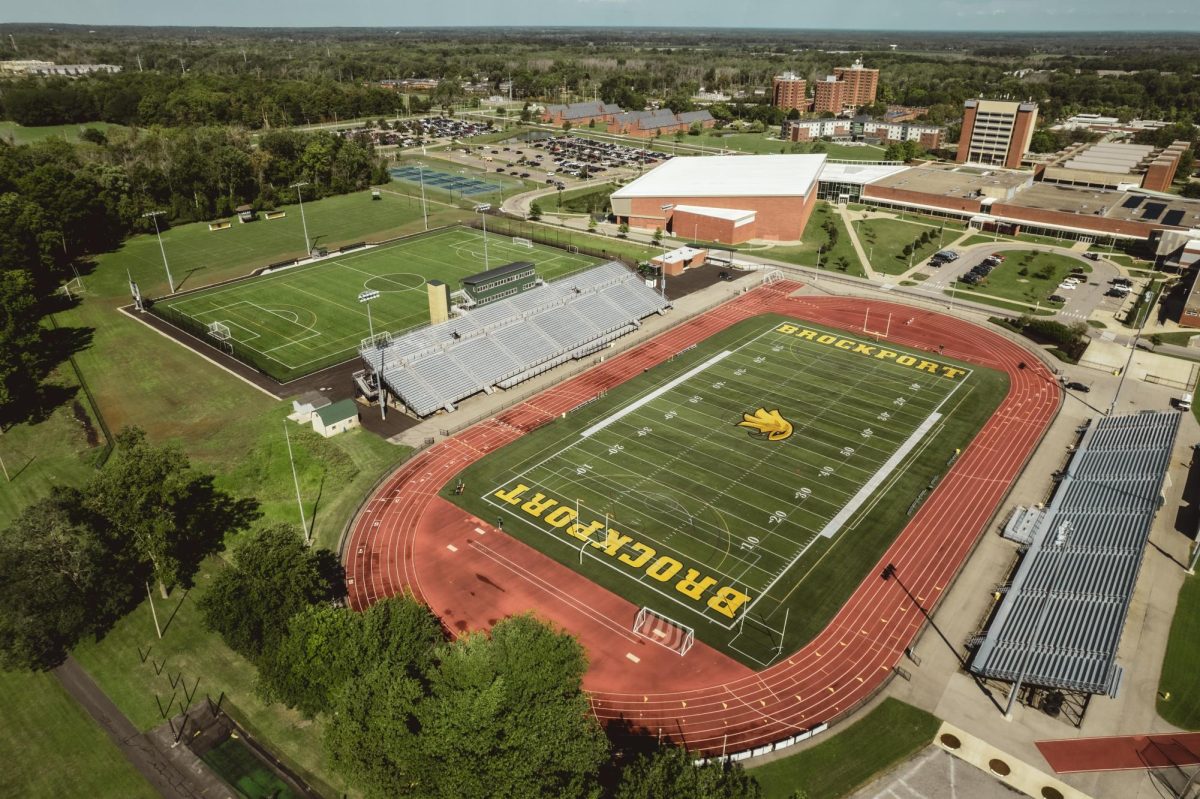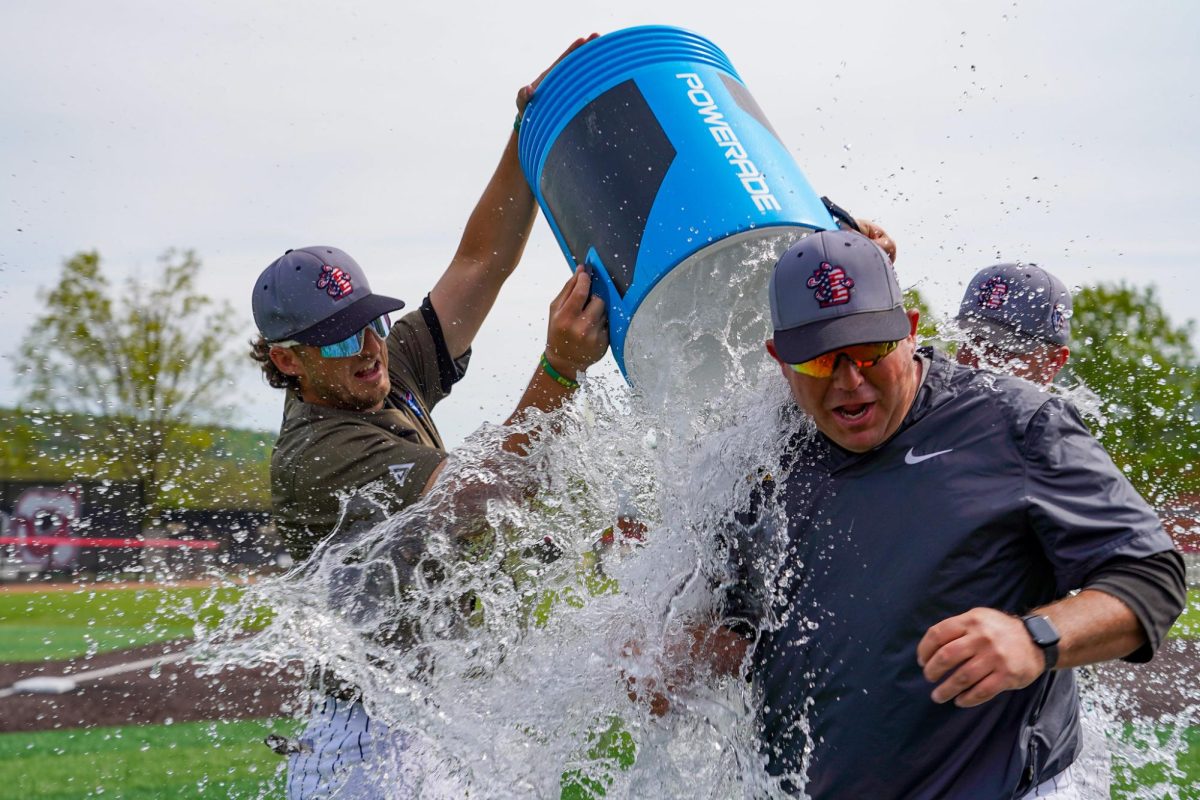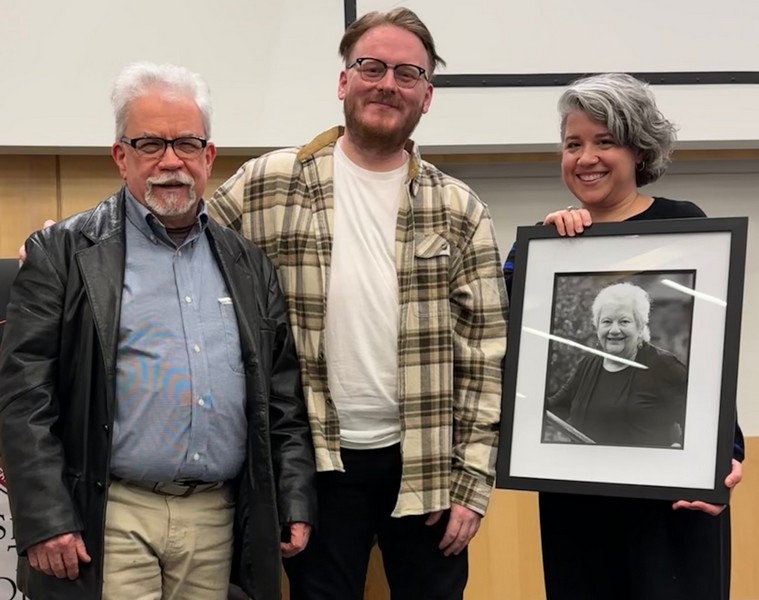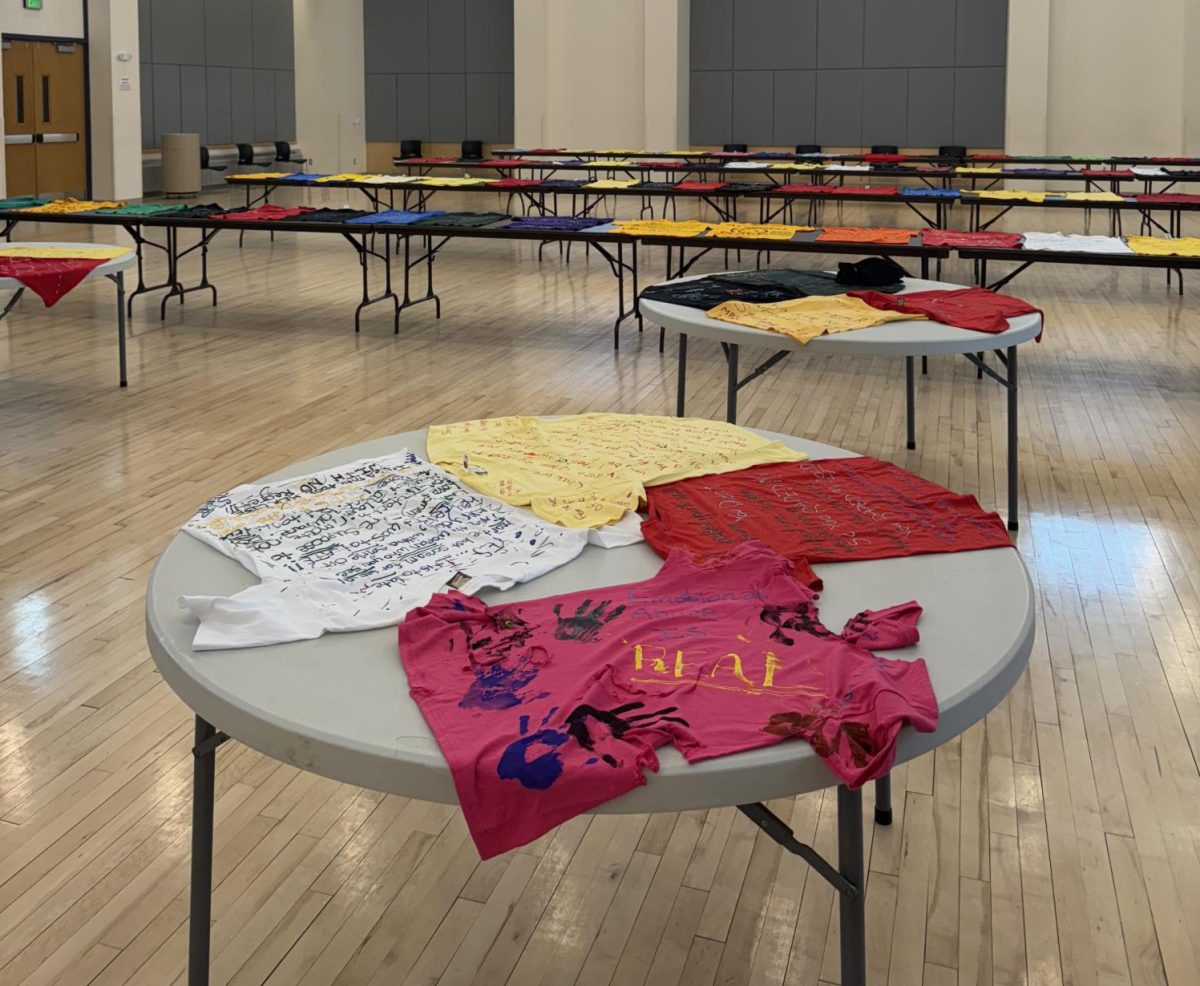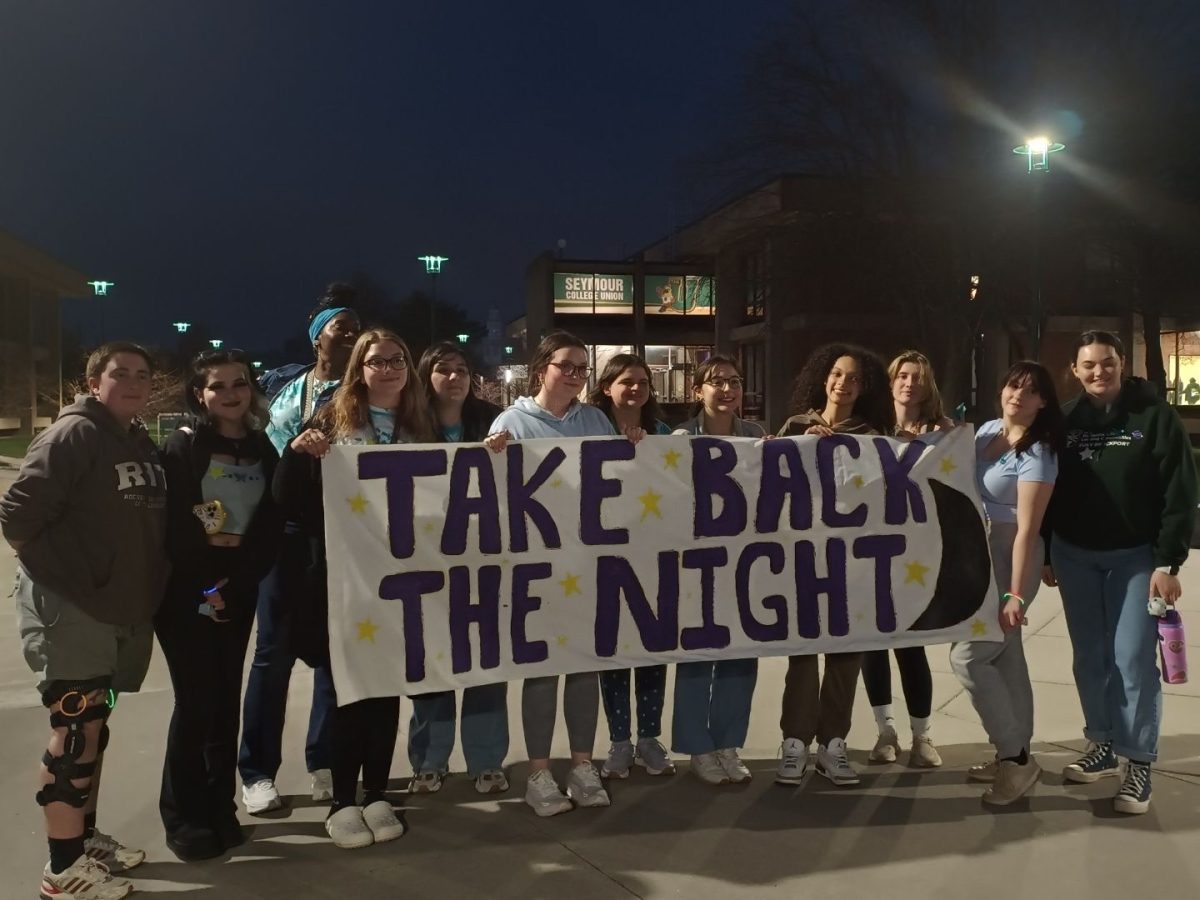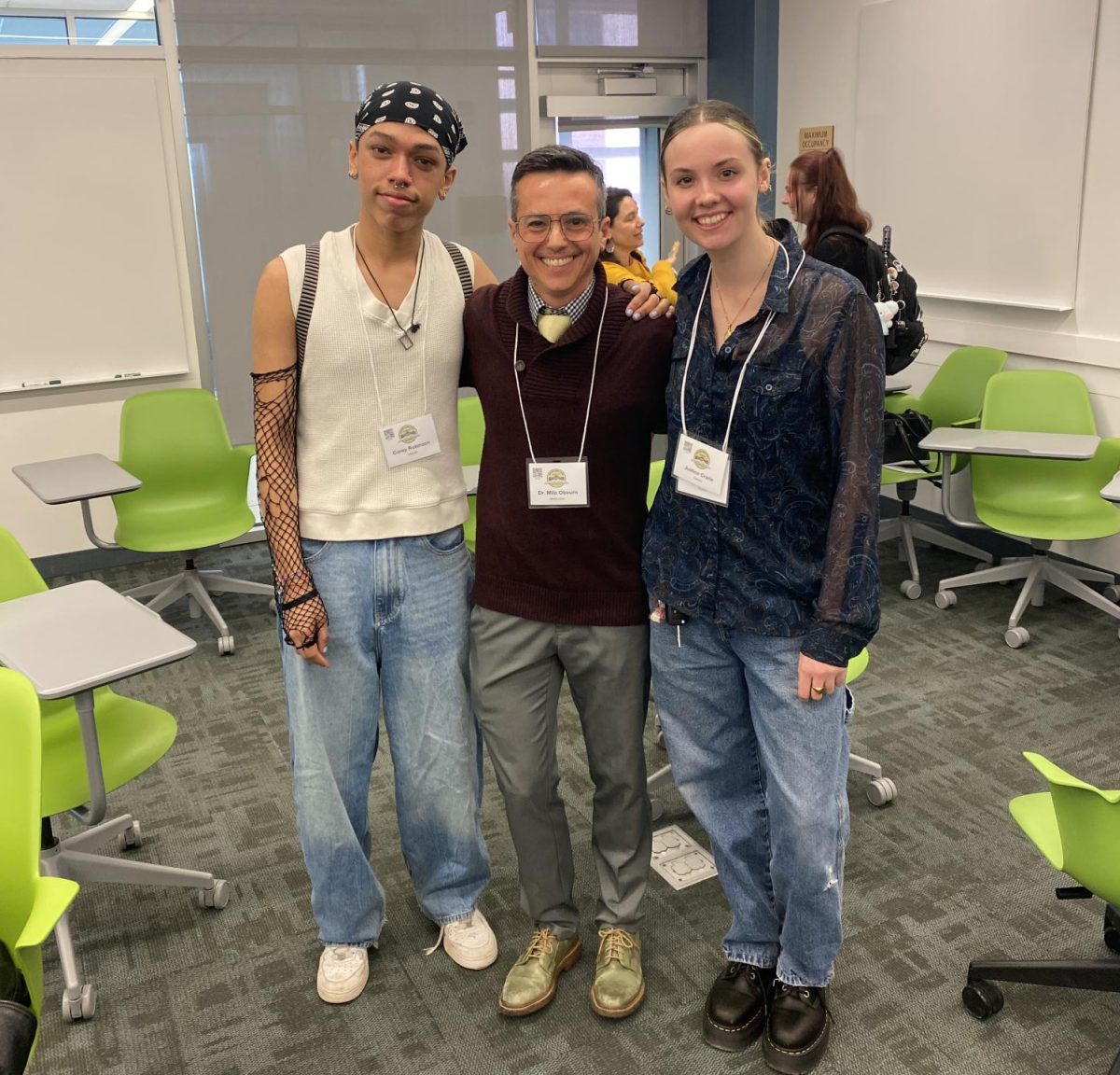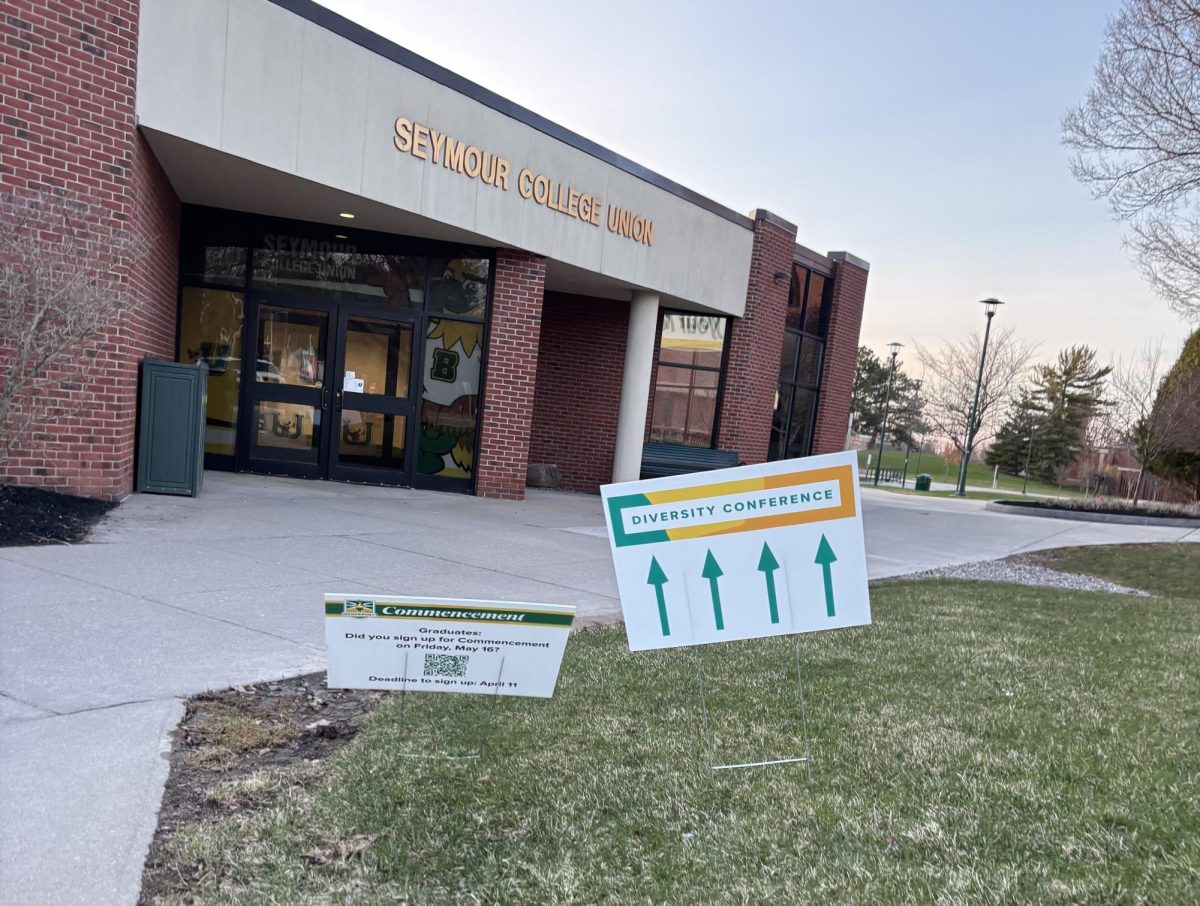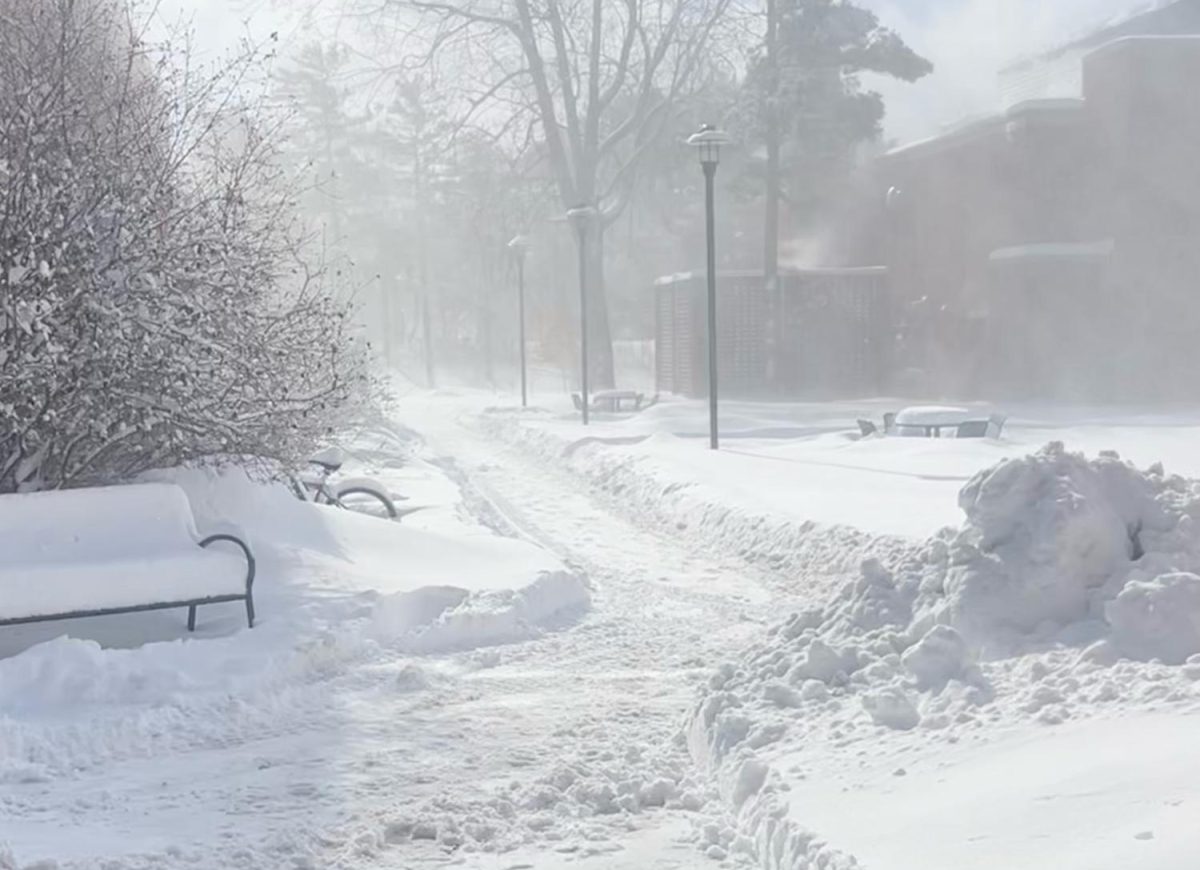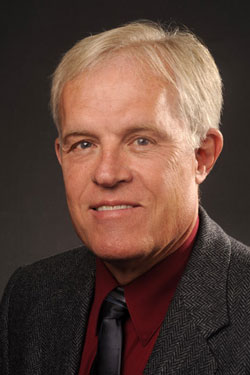By Sarah Killip / Copy Editor
Emeritus Professor of Wetland Science Dr. Doug Wilcox received the special Society of Wetland Scientists 40th Anniversary Award. This is a one-time award that commemorates the establishment of the Society of Wetland Scientists (SWS) and recognizes high level and sustained contributions to wetland research, practice, education, communication and support to the Society.
Wilcox spent 30 years of his career as a wetland research scientist for the federal government.
“I took my retirement from the U.S. Geological Survey-Great Lakes Science Center (U.S.G.S.) in 2008 to accept the Empire Innovation Professor of Wetland Science position at SUNY Brockport,” Wilcox said. “My second retirement came 12 years later in 2020.”
The research and contributions Wilcox has made to the society fall nothing short of extraordinary. His work on the Great Lakes wetlands has resulted in more than 100 refereed journal publications.

“My career has been spent doing research on Great Lakes wetlands, from the west end of Lake Superior to the east end of Lake Ontario – a breadth of research not done by any others,” Wilcox said. “Much of my research explored the relations between hydrology and wetland plant communities. Perhaps the most outstanding work was research demonstrating that regulation of Lake Ontario water levels, beginning when the St. Lawrence Seaway was created, resulted in cattail invasion of all Lake Ontario wetlands. This work played a major role in development and implementation of a new water-level-regulation plan by the U.S.-Canadian International Joint Commission.”
Wilcox has made substantial contributions as he served as the Editor-in-Chief of the SWS journal, “Wetlands,” for 20 years. He has also taught wetland ecology as an adjunct professor at the University of Michigan, and developed the wetland ecology track within the Department of Environmental Science and Ecology at SUNY Brockport, where he taught wetland ecology, northern wetlands and restoration-Ecology.
In retirement, Wilcox is no longer conducting new research, but is still writing manuscripts and publishing work with his former graduate students and other collaborators. He has had nine journal publications in 2020.
“Retirement does not put an end to thinking or working to understand and protect the environment,” Wilcox said.
To learn more about the Society of Wetland Scientists you can visit their website here.

